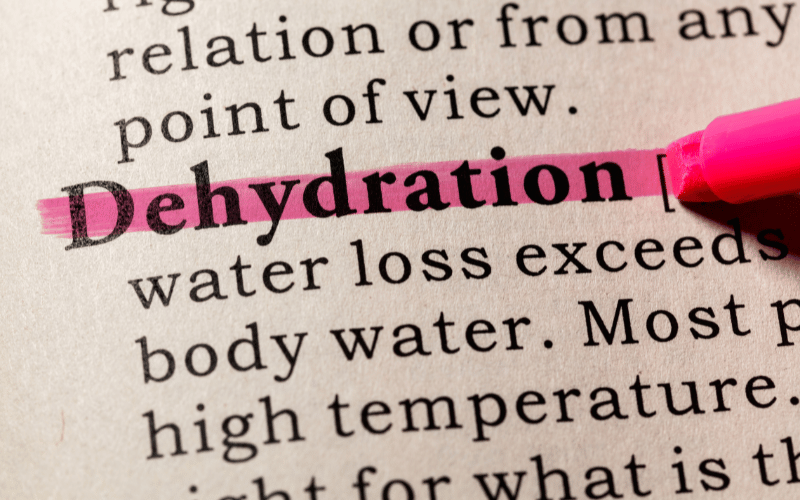2. Dehydration: The Silent But Serious Complication

Dehydration isn’t just a side-effect; it can become a full-blown crisis if not monitored. In cases of gastroenteritis, diarrhea and vomiting expel fluids at an alarming rate, leading to dehydration that can require urgent treatment. However, it isn’t just about feeling thirsty; dehydration can result in a cascade of issues that affect multiple systems in the body.
First off, let’s talk numbers. Water makes up about 60% of your body weight. That’s a considerable amount, so even losing just 1-2% of your body’s water can wreak havoc. Imagine your body as a well-oiled machine; when essential fluids are lost, gears start grinding. Even basic functions like blood circulation and temperature regulation can become impaired.
Mind you, dehydration can affect anyone—adults, kids, the elderly—but each experiences it differently. For example, while adults might feel dizzy, children often become unusually irritable or sluggish. As dehydration progresses, it can lead to more severe outcomes like kidney failure, shock, or even death in extreme cases.
It’s not just the body that takes a hit; your cognitive abilities can go downhill, too. Studies have shown that dehydration can impair your attention, memory, and motor skills. Imagine navigating through your day with all these cognitive impairments, compounded by the physical distress that gastroenteritis already causes.
The crux is, while gastroenteritis may be the invader storming the castle, dehydration can be the saboteur within the walls, quietly undermining your body’s defense mechanisms. So, keep tabs on your fluid loss and act accordingly, before dehydration turns from a nuisance into a nightmare. (2)